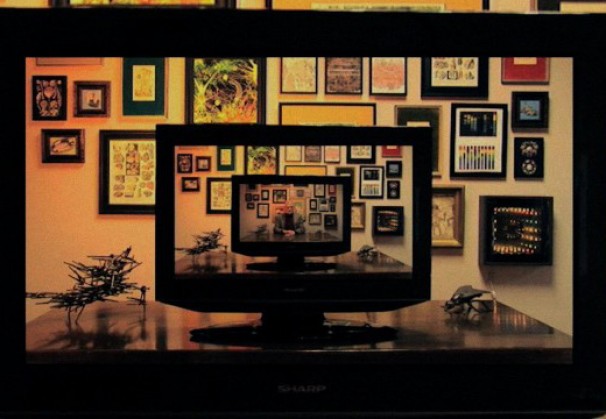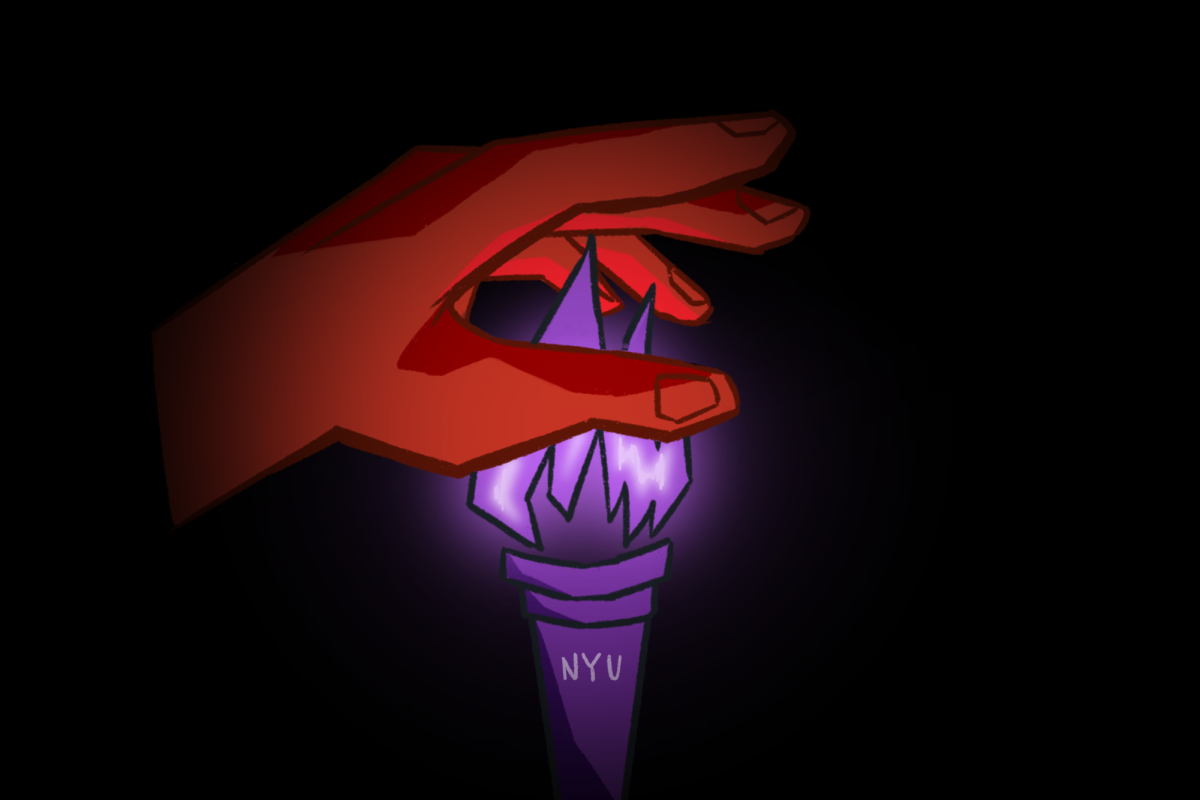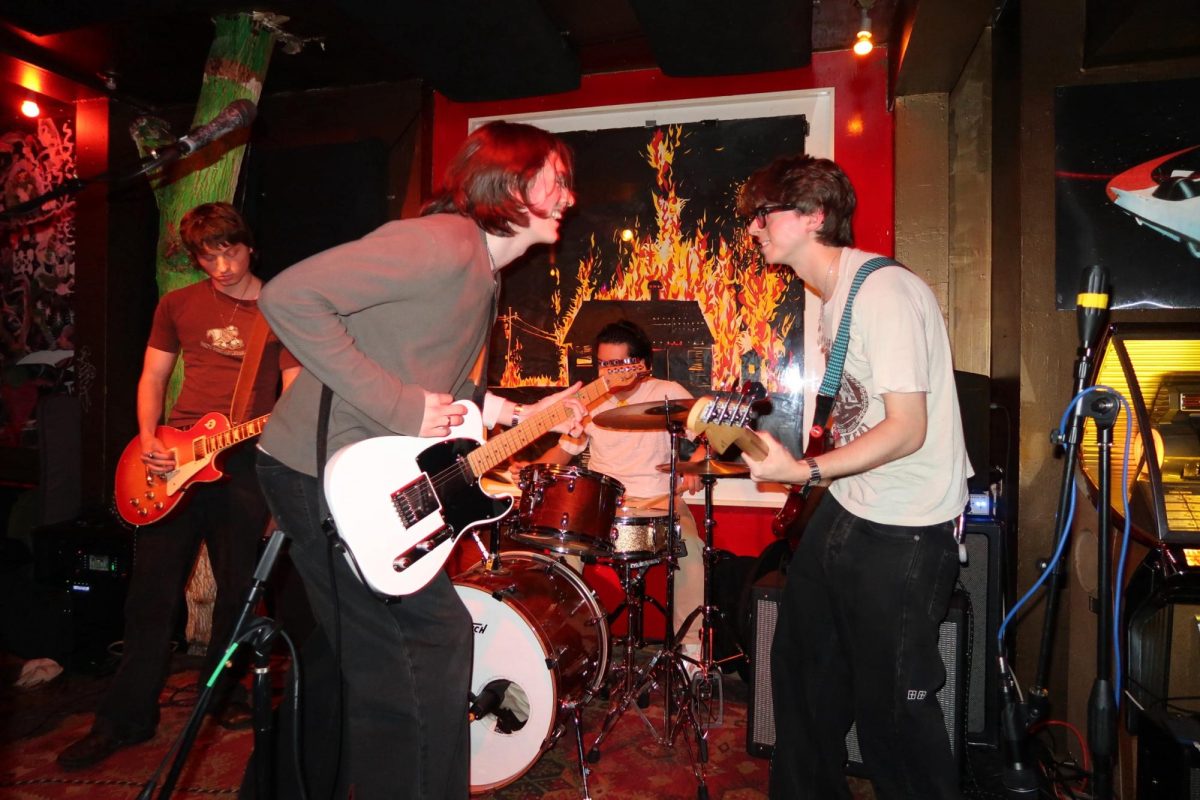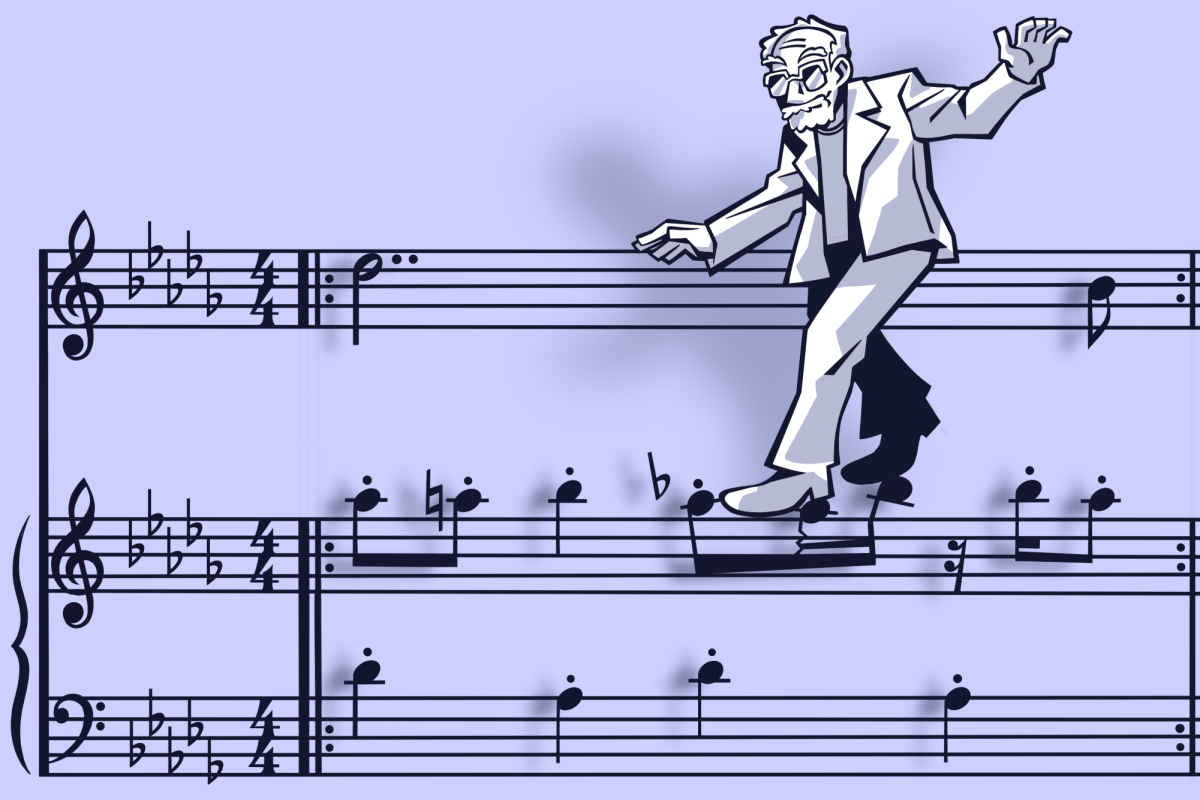
Spencer McCall’s documentary “The Institute” begins with signs that advertise Jejune Institute and its bizarre inventions of human forcefields and algorithms. The signs appeared all over San Francisco, looking for new recruits for a mysterious organization. Those who answered the advertisements went to a strange induction center, where they were introduced to Octavio Coleman — a lawyer who entranced his audience and forced them to join him and the institute’s socio-reengineering movement.
The institute’s members were seeking a nirvana known as Elsewhere, which they believed would enable mankind to transcend material existence and discover a world beyond their own. This research led to the discovery of a massive underground world, and a struggle between the Jejune Institute and the Elsewhere Public Works Agency.
It isn’t until a third of the way through this absorbing, labyrinthine and unsettling debut documentary, that the truth about the struggle is revealed. It’s all bogus.The conflict, Elsewhere Public Works Agency and the entire endeavor, are the creations of Jeff Hull, a situational designer whose work is a weird combination of performance art, multiplayer game and spiritual movement.
Hull’s goal was to re-energize the public’s conceptions of the world by providing a narrative, something that has yet to be discovered, explored and resolved. In Hull’s vision, to take part in the Jejune Institute’s program is to become a major character in a primordial conflict of good and evil, truth and suppression, enlightenment and ignorance. To join the institute is to become part of something larger than yourself.
The players learn it’s all a game eventually, but as they go deeper, the lines between reality and fiction start to blur in disturbing ways. McCall makes a mistake in not exploring this ambiguity in greater detail, as all the participants become affected.
Many of the players claim to have their eyes opened to a sense of wonder in the way they intersect with the world. Others discover genuine spiritual epiphanies. Even the filmmakers aren’t immune to the psychological effects of playing the game — especially as they weave real people and events into the fictional narrative of the institute.
The filmmakers have another problem on their hands. At a certain point, they are forced to find an ending before they completely lose control over their creation. But considering its effects on the players, the deliberately anticlimactic conclusion fails to put a damper on the proceedings.
The film shows how a deliberately fake system starts to spill over into the real world. It’s about the dangerous consequences of mixing reality and fantasy. While watching the film, you start to understand how movements, both benevolent and malicious, are able to form into existence.
By the end of “The Institute,” it’s obvious we haven’t reached the bottom of this philosophical rabbit hole of soul searching. Some people are still digging.
A version of this article appeared in the Wednesday, Oct. 9 print edition. J.R. Hammerer is a staff writer. Email him at [email protected].























































































































































